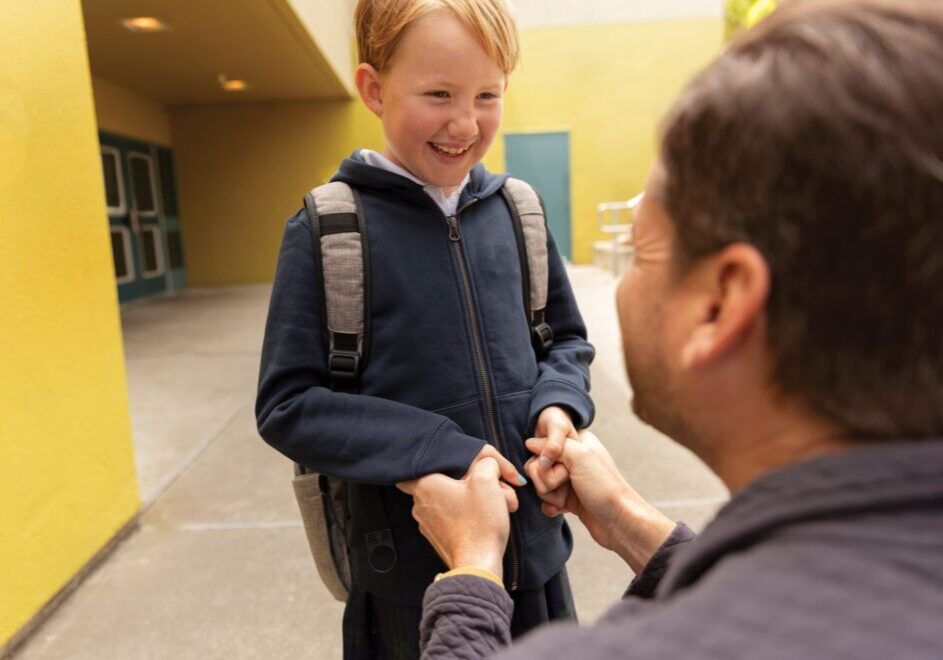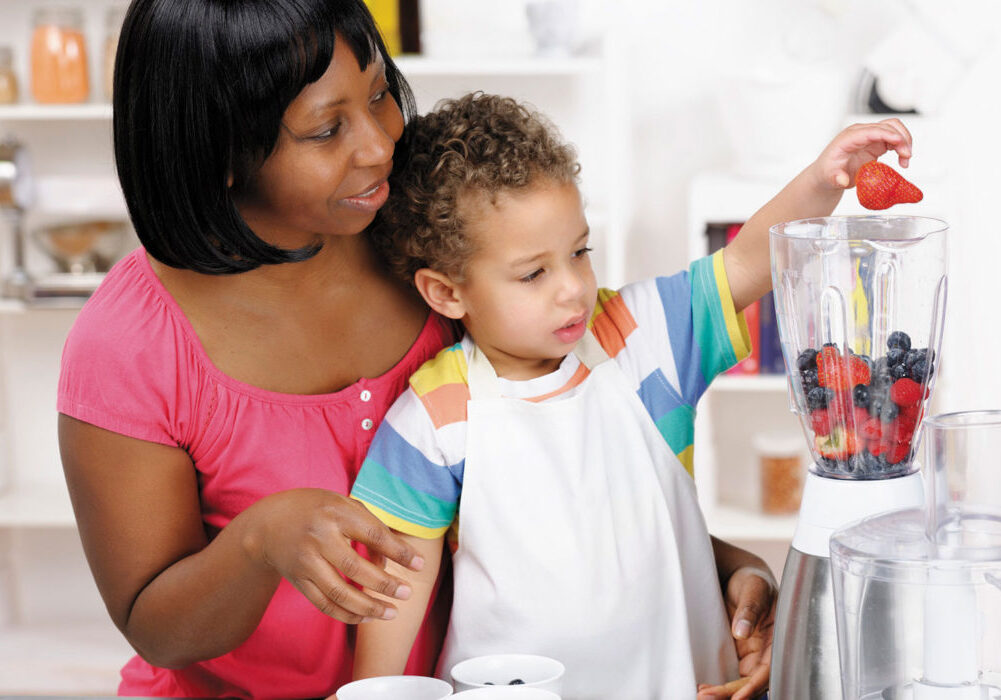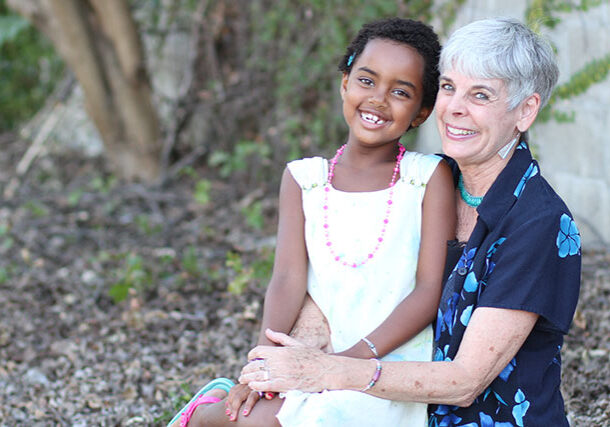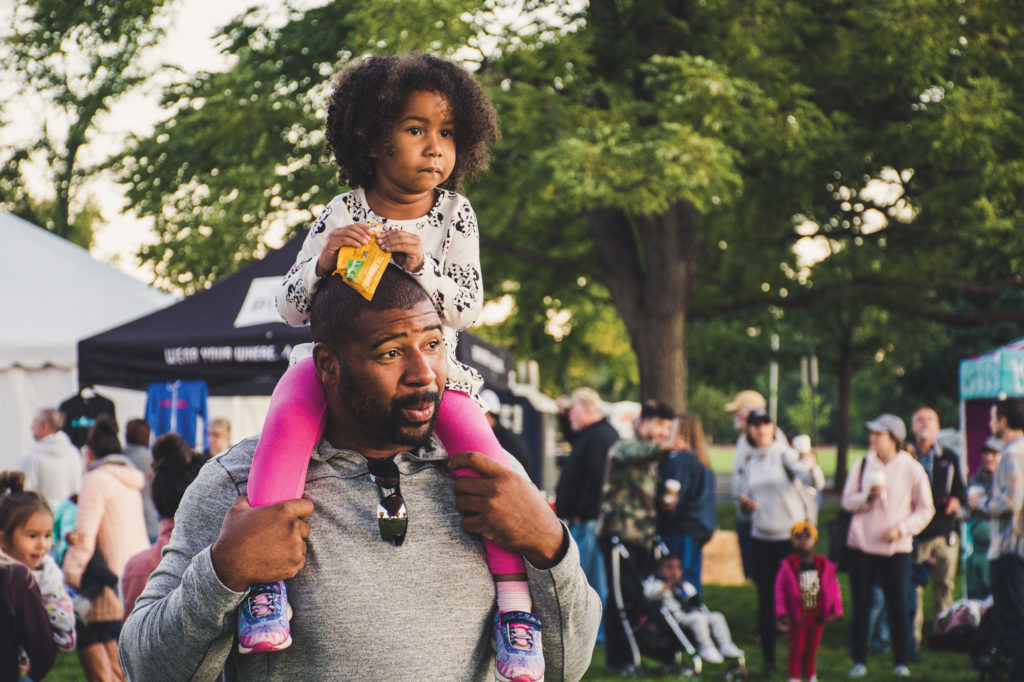Early exposure to trauma and toxic stress (prolonged stress without emotional support) changes the brains and bodies of growing children. When the brain is in survival mode, development is affected and has lasting impacts on physical, mental, and social health, including cancer, obesity, diabetes, heart disease, mental illness, substance use, depression and suicide. This contributes to difficulty forming healthy relationships, earning an education and holding down successful jobs. These impacts can also be passed down to our children.
ACEs are traumatic events in a child’s first 18 years
Adverse Childhood Experiences (ACEs) are ten common traumatic events that may happen to a child at any time from birth to age 18. ACEs are grouped into three categories: abuse, neglect, and household dysfunction. Abuse includes physical, emotional and sexual abuse. Neglect includes physical or emotional neglect and mental illness. Household dysfunction includes having an incarcerated relative, having a mother who is teated violently, substance abuse and parental abandonment or divorce.
Shasta County’s ACE rates are much higher than the state average
An individual’s “ACE score” can be anywhere from 0 to 10 and is determined by how many of these 10 events happened to them during their childhood.
Experiencing some ACEs can increase the risk of experiencing other ACEs. The higher the ACE score, the higher the risk of negative health outcomes. Preventing ACEs can lead to many benefits including healthier relationships, better grades in school, fewer mental health problems and behavior problems; and less substance abuse, violence and criminal activity.
In 2012, a local ACE study revealed that almost 40% of Shasta County residents reported four or more ACEs — more than double the 17% reported for all of California. Only 16% of Shasta County residents reported having no ACEs compared to 38% for all of California.
Everyone can make a positive difference in a child’s life
If you experienced trauma as a child, you are not alone. No matter your ACE Score, you can make a positive difference in a child’s life. It only takes one caring and consistent adult to help children thrive.
According to California Surgeon General Dr. Nadine Burke Harris, “Safe, stable, and nurturing relationships and environments in which children feel safe emotionally and physically can protect children’s brains and bodies from the harmful effects of stress.”
Children will engage more when they have meaningful relationships with important people in their lives — most importantly, their parents. When parents and other adults show children they care about them, challenge them to grow, and support their needs, powerful and positive relationships are formed.
Raising a child with feelings of stability and trust
Children need parents and mentors they can count on. Raising a child with structure and age-appropriate consequences, along with love and affection, gives them feelings of stability and trust. When parents are consistent in how their household runs, their children will have higher self-esteem and greater confidence.
Parents who listen to their children’s concerns when they are young are parents whose children will share their concerns with them when they are older. Taking the time to ask your child in-depth questions after school, spending more time playing with your children, including your children in preparing family dinners, and spending time talking and reading with them before they go to sleep are everyday actions parents can take that make a big impact.
Your children learn from your example
Remember, your children learn from you. They hear your words and watch your actions. By calming yourself when you feel angry or slowing down when you feel stressed, you are teaching your children by example. It’s not uncommon to remind your child to say “please” and “thank you.” Go one step further and say something kind to a stranger, pick up trash off the ground, or show your children that it’s considerate to share with others.
Doing these things in front of your child will encourage them to do the same.
Every child is unique. They each have different strengths, interests, and struggles. Parenting techniques change as children grow up.
If you’re trying, you’re not failing — ACEs are preventable
You may feel lost at times, like you aren’t doing anything right and like you’re failing as a parent. Don’t let these feelings keep you from reaching out to other parents and sharing your experience. If you’re trying, you’re not failing. No matter your child’s age or stage in life, being an attentive to their needs and spending quality time teaching and loving them is what positive parenting is all about.
ACEs are preventable. We can prevent them by raising awareness and educating other parents, community members, and leaders of the effects of childhood trauma. The more we understand, the more we can prevent ACEs from happening in the first place and lessen the harmful effects of ACEs that have already happened.
Preventing ACEs and strengthening families helps children reach their full potential in life. You can make a difference.
Learn more about Preventing ACEs and Strengthening Families at ShastaStrengtheningFamilies.org and ACEsAware.org
Posted in: Health & Nutrition
Comment Policy: All viewpoints are welcome, but comments should remain relevant. Personal attacks, profanity, and aggressive behavior are not allowed. No spam, advertising, or promoting of products/services. Please, only use your real name and limit the amount of links submitted in your comment.
You Might Also Like...

Calming the Butterflies
Your child may feel “butterflies in their tummy” if they have a big event coming up such as an important test, a piano recital or even the first day of […]

What’s So Essential About Omegas?
You’ve probably heard a lot about the importance of getting enough Omega-3 and Omega-6 in your diet. But what are they, really? And why are they important? It’s time to […]

A Smoothie Helps Kids Get Fruits & Veggies in the Belly
SMOOTHIES A Fast, Delicious Way to Help Kids Get Their Fruits & Veggies For picky kids* who turn up their noses at eating vegetables, using a juicer or blender to […]

The Sandwich Generation: Balancing Child Care And Elder Care
In 1981, sociologist Dorothy A. Miller coined the term “sandwich generation” to refer to those who care for their aging parents while also supporting their own children. The definition became […]




